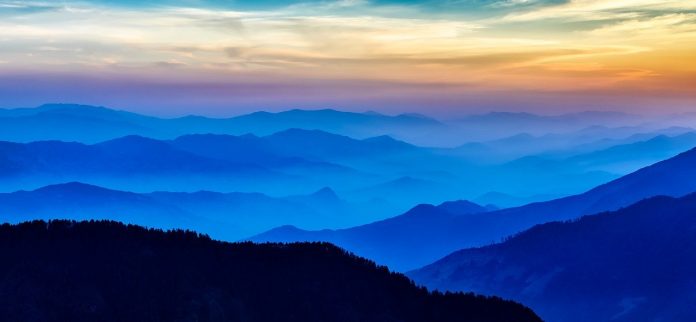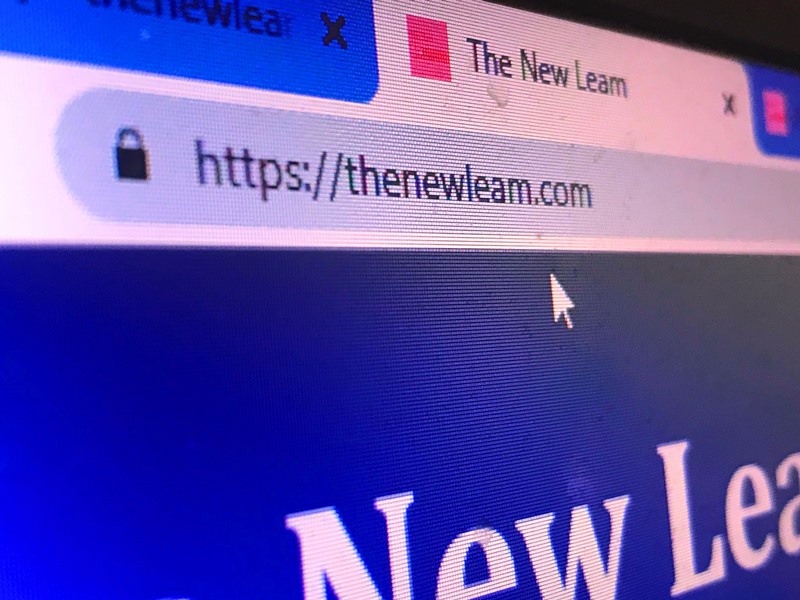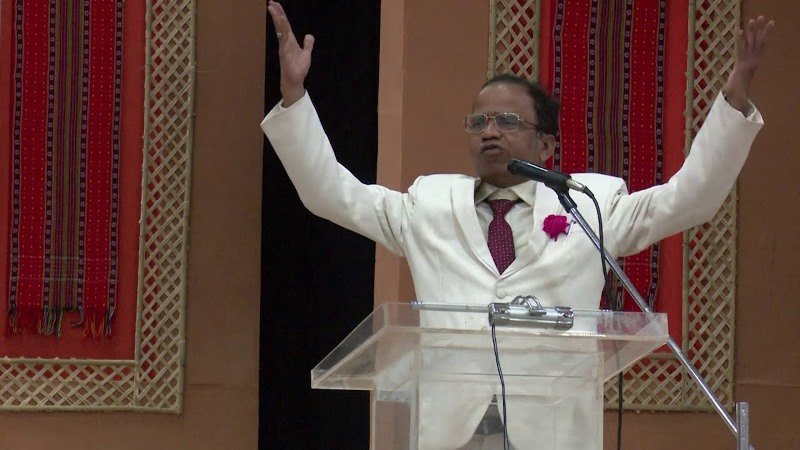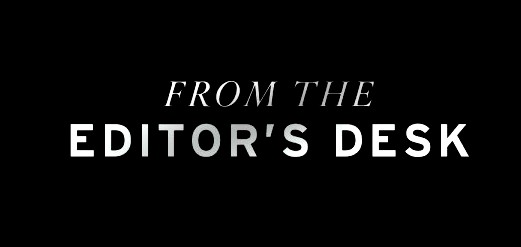Amid divisive politics, brutalization of human consciousness, technological violence, hollow spectacles and superficial education, the linear movement of the calendar time takes us to a new year. Is it possible to celebrate this event with calmness and tranquility, and reflect on the depths in profound human possibilities—beyond the instrumental/calculative logic of the market, or the politics of bounded nationalism?
The New Leam has always trusted the art of imagining new possibilities; it cherishes the pedagogy of hope. And hence, even amid the darkness all around—from the pandemic to the climate crisis, we want our readers to remain receptive, and converse with, say, the likes of Rainer Maria Rilke, Thich Nhat Hanh and William Blake.
Instead of the usual newspapers headlines, social media-induced triviality and ceaseless dissemination of ‘breaking news’, The New Leam invites you to yet another imagination of the meaning of our existence.
The Poetry of Uncertainty
Only he who can expect anything, who does not exclude even the mysterious, will have a relationship to life greater than just being alive; he will exhaust his own wellspring of being. If we liken the existence of the individual to a room of larger or smaller size, it is evident that most people are familiar only with a corner of their room, perhaps a window seat or space where they pace to and fro. In that way they have a certain security. Yet every uncertainty fraught with danger is so much more human. It is the same uncertainty that motivated the prisoners in Edger Allen Poe’s stories to explore the form of their terrible prisons and not to be a stranger to the unspeakable horrors of their presence there.
But we are not prisoners. There are no traps or snares set for us, and there is nothing that should frighten or torture us. We are placed into life, into the element best suited to it. We have no reason to mistrust our world, for it is not against us. If it has terrors, they are our own terrors. If it has precipices, they belong to us. If dangers are present, we must try to love them. And if we fashion our life according to that principle, which advises us to embrace that which is difficult, then that which appears to us to be the very strangest will become the most worthy of our trust, and the truest.
– Rainer Maria Rilke, Letters to a Young Poet
A Home beyond Boundaries
Do you have a home? You may be black, yellow, brown, or white; you may come from any racial or cultural background. You may go home each night to a house or an apartment. But do you have a home? Do you have a home where you feel comfortable, peaceful, and free?
I have a home that nobody can take away from me, and I feel very comfortable in my home. You may be surprised by this response since I have been exiled from Vietnam for almost forty years. But the truth is that although I’ve been kept from my homeland, I haven’t been in pain. I don’t suffer because I have found my true home. My true home is not in France where the Plum Village practice center is located. My true home is not in the United States. My true home is not limited to a place or a time. My true home is not in Vietnam, in Africa, in Palestine, or in Israel.
My true home cannot be described in terms of geographic location or in terms of culture. It is too simple to say that I am nationally or culturally only Vietnamese. In my case, I don’t have a Vietnamese passport or identity card. Thus, legally speaking, I am not Vietnamese. I have elements of French culture, Chinese culture, Indian culture, and even native American culture in me—how can you take them out of me? You cannot. If you take them out of me I can’t be the person I am today. There is no such thing as Vietnamese race. Looking into me you can see Melanesian, Indonesian, Mongolian, and African elements. The Vietnamese race is made only of non-Vietnamese elements. If you know that, you are free. The whole cosmos has come together in order to help you to manifest. In you, the whole cosmos can be found.
The past is no longer a prison for me. The future is no longer a prison for me. I am able to live in the here and the now and to touch my true home…
– Thich Nhat Hanh, Together We Are One
The Language of Silence
Never seek to tell thy love
Love that never told can be
For the gentle wind does move
Silently invisibly
I told my love I told my love
I told her all my heart
Trembling cold in ghostly fears
As she doth depart
Soon as she was gone from me
A traveller came by
Silently invisibly
O was no deny.
– William Blake













